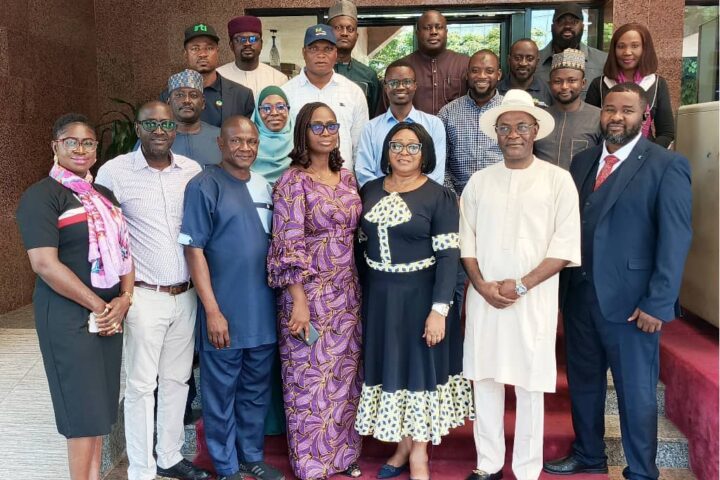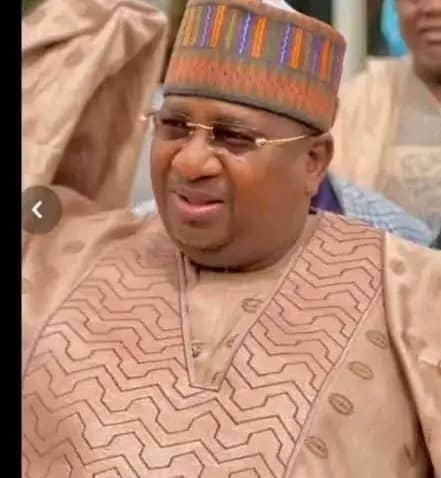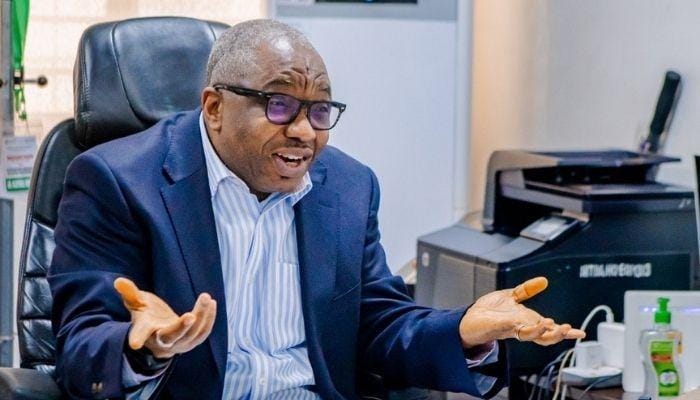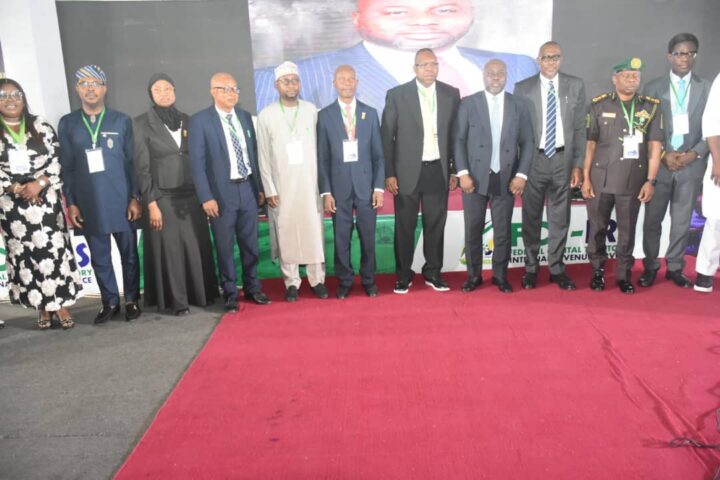
The Nigerian Communications Commission (NCC),has said that the telecommunications sector reforms, engendered by an effective and firm regulatory regime emplaced by the agency had expanded availability, accessibility of network and service provisioning.
Professor Umar Danbatta, Executive Vice Chairman, NCC, disclosed this in his address entitled, “Telecommunications in Nigeria; The Next Frontier’, to mark the 20th anniversary of the telecommunications revolution in Nigeria.
Danbatta, who was represented by Dr Ike Adinde, Director, Public Affairs, NCC, also said
the telecommunications sector reform, was also accompanied by unprecedented job creation across the industry’s value chain, as more operators were licensed which gave rise to corresponding business opportunities for Nigerians.
According to him,the multiplier effects of the services provided by the licensees to other sectors of the economy found expression in the sector’s contribution to the national economy.
He added: “Without any doubt, the sector has become a major driver of economic development, with the sector contributing an all-time-high of 14.42 per cent to the country’s Gross Domestic Product (GDP) in the second quarter of 2021.
“Through NCC’s continuous commitment to an effective regulatory regime, policies and initiatives to advance telecoms sector growth, millions of Nigerians can now carry out most of their activities electronically in a more efficient manner.
“Today, individuals and corporate entities rely more on digital services to carry out their personal and official activities, a trend that gained greater traction at the peak of the COVID-19 pandemic and its attendant lockdown and restrictions.
“Available data from the National Bureau of Statistics (NBS) clearly shows that telecoms is one of the key sectors that positively reversed Nigeria’s economic fortunes, taking it out of the recession occasioned by the pandemic.”
He said telecommunications has continued to be an enabler in expanding the frontiers of the nation’s economy in the last two decades.
Appraising the two decades of the telecoms revolution, the EVC said that two decades after, the sector had witnessed significant and phenomenal growth in terms of the level of access to voice and data services.
Danbatta also said it had become an enabler of growth in other sectors of the country.
“It is, therefore, exciting that as of September 2021, the number of active mobile subscriptions in the nation’s telecoms sector stood at 190.8 million”, he said.
Meanwhile, a coalition of over 180 civil society organizations, have commended the Nigerian Communications Commission (NCC) , for driving various regulatory initiatives for the development of country’s digital economy.
The President of the group, Comrade Ogakwu Dominic, gave the commendation during a visit to the Commission’s Head Office in Abuja to present an award and appreciation letter to the EVC.
According to Dominic, the certificate of performance presented to the EVC was in recognition of his efforts in driving regulatory initiatives under his supervision and more importantly, to appreciate NCC’s support for the successful hosting of a recently-concluded ‘RoundTable on Digital economy’.
“The EVC has demonstrated high level of patriotism, commitment and statesmanship and as such, the Certificate of Performance (CoP) we are presenting today is to commend you for your renowned track record as a leader with great passion focused on effective growth and advancement of the Nigerian economy as the basis for enhanced national development,” Dominic said.
Receiving the delegation on behalf of the EVC, the Assistant Director, Digital Economy, NCC, Uket Bassey, appreciated the award and certificate presented to the NCC boss, saying it is symbolic of the fact that, an important organisation like the Civil Society Groups for Good Governance appreciates the good work the Commission has been doing to create digital access for all and sundry.
Bassey said, as the telecom regulator, the Commission aims to support and partner with all stakeholders and Nigerians at large.
This, according to him, will ensure that the growth of the country’s socio-economic system is sustained through promotion of universal access and service to all Nigerians, regardless of their circumstances.






















